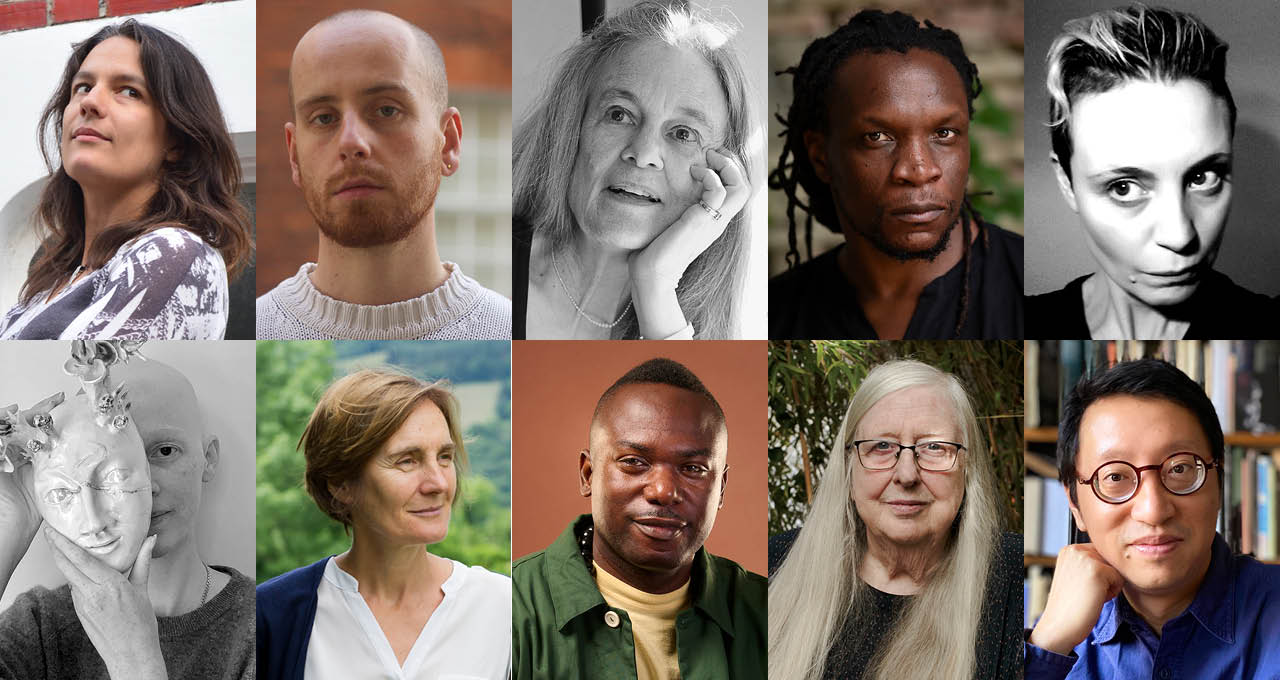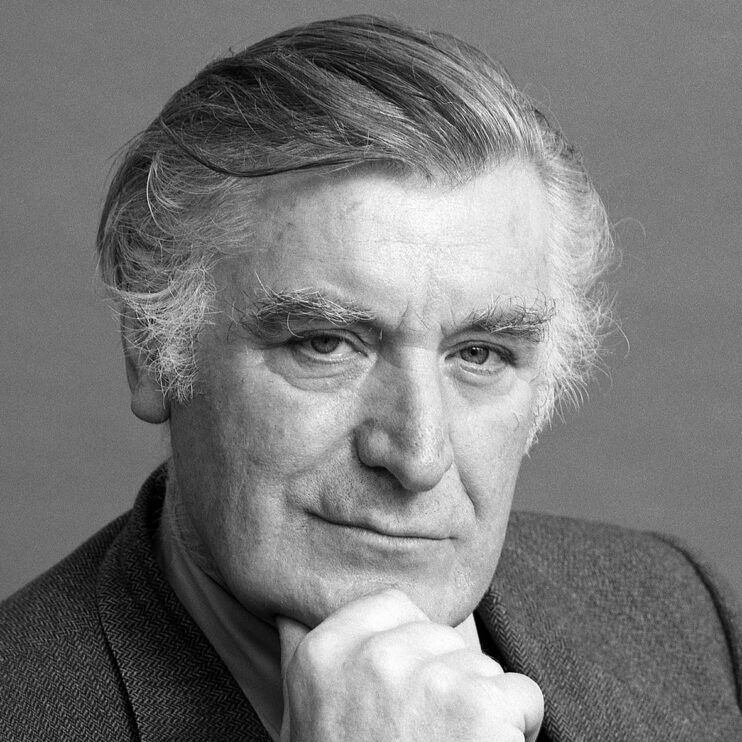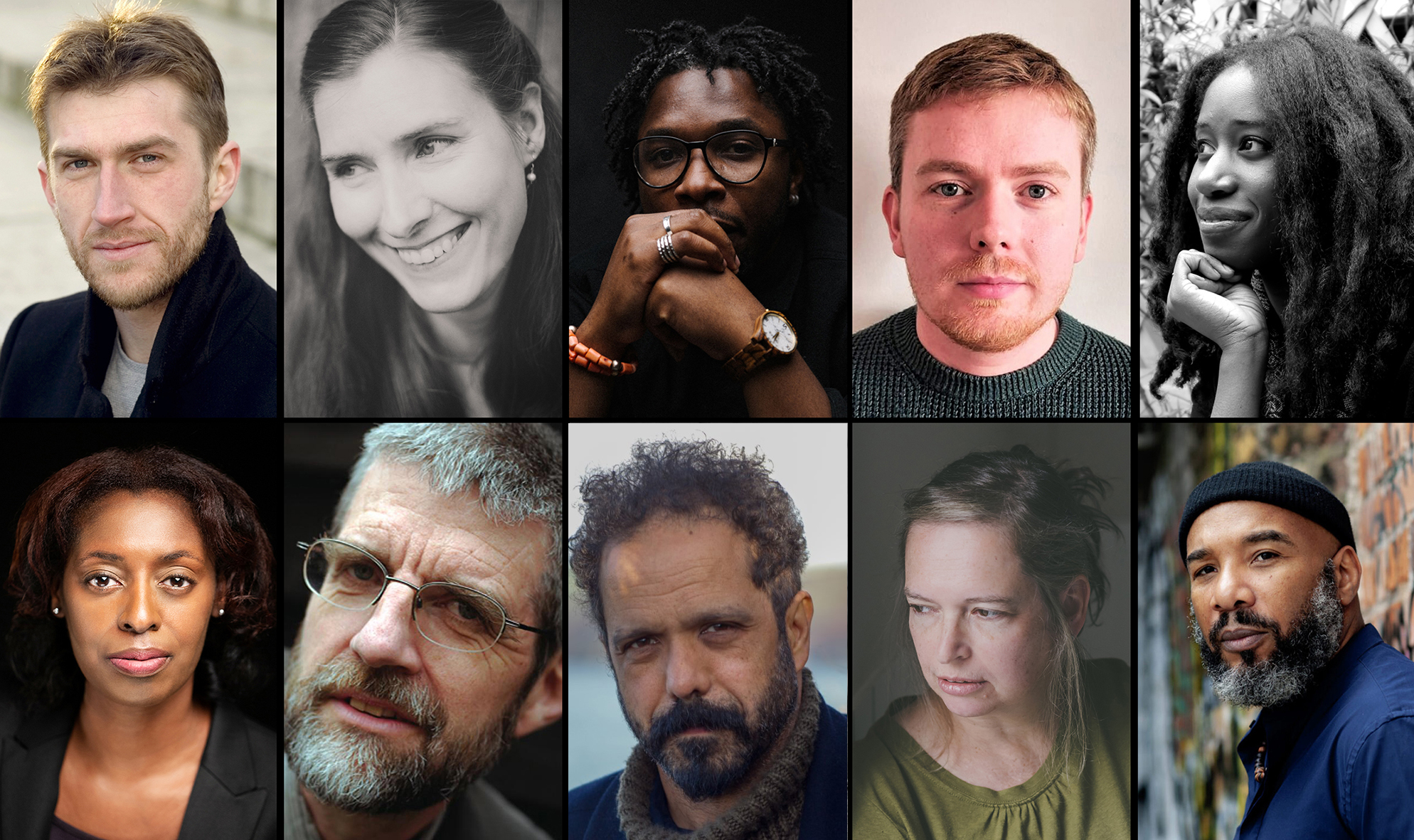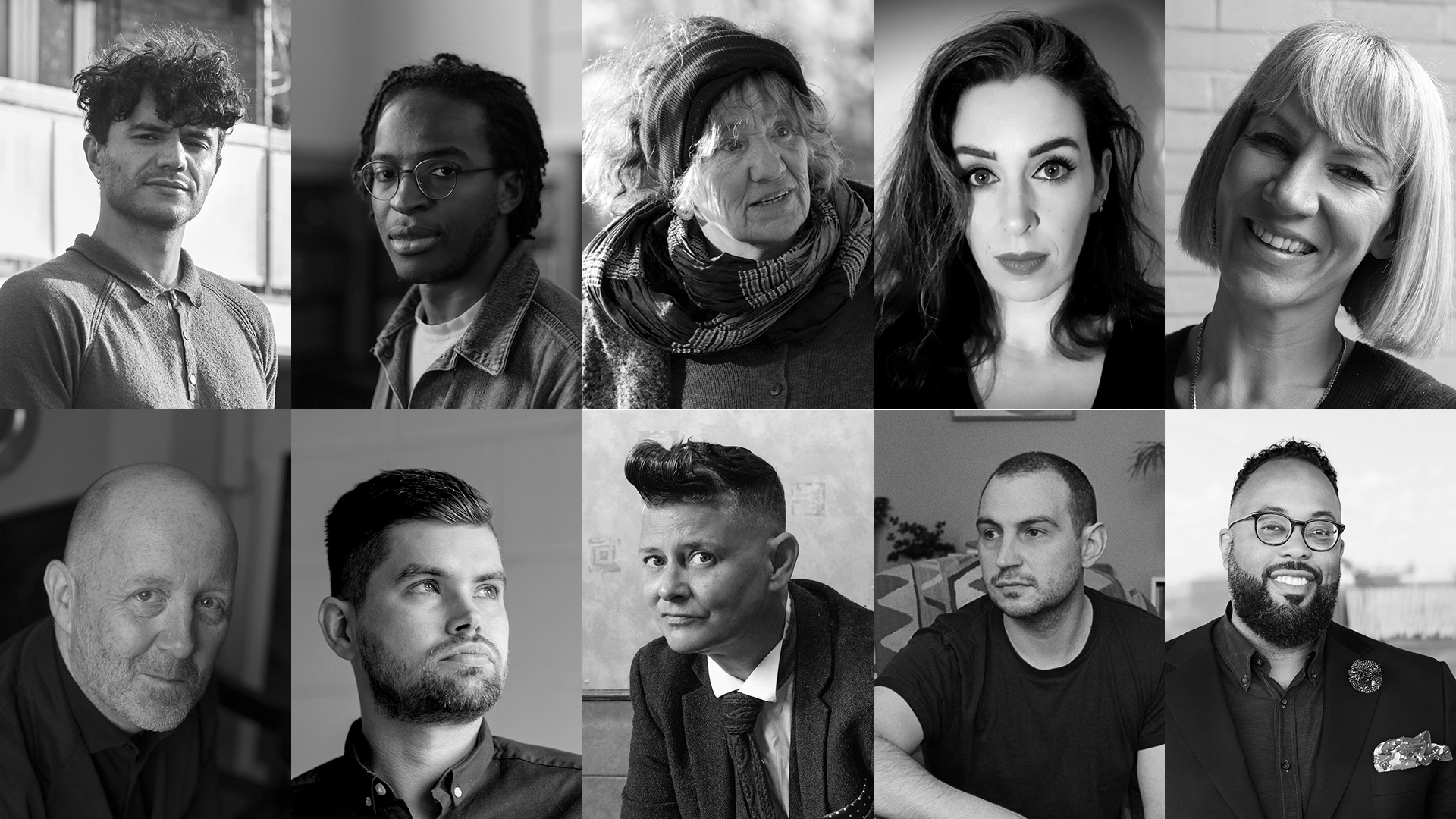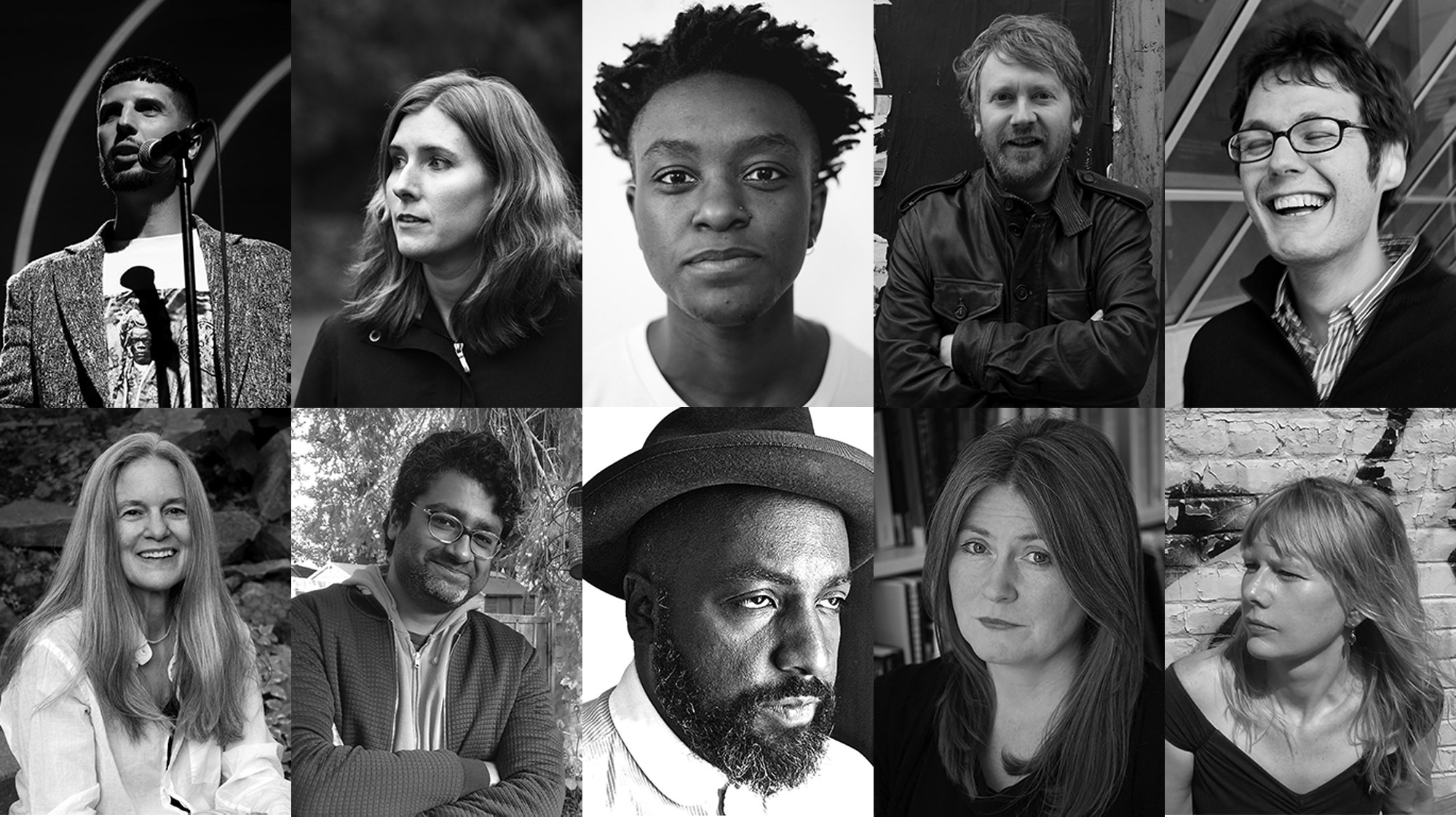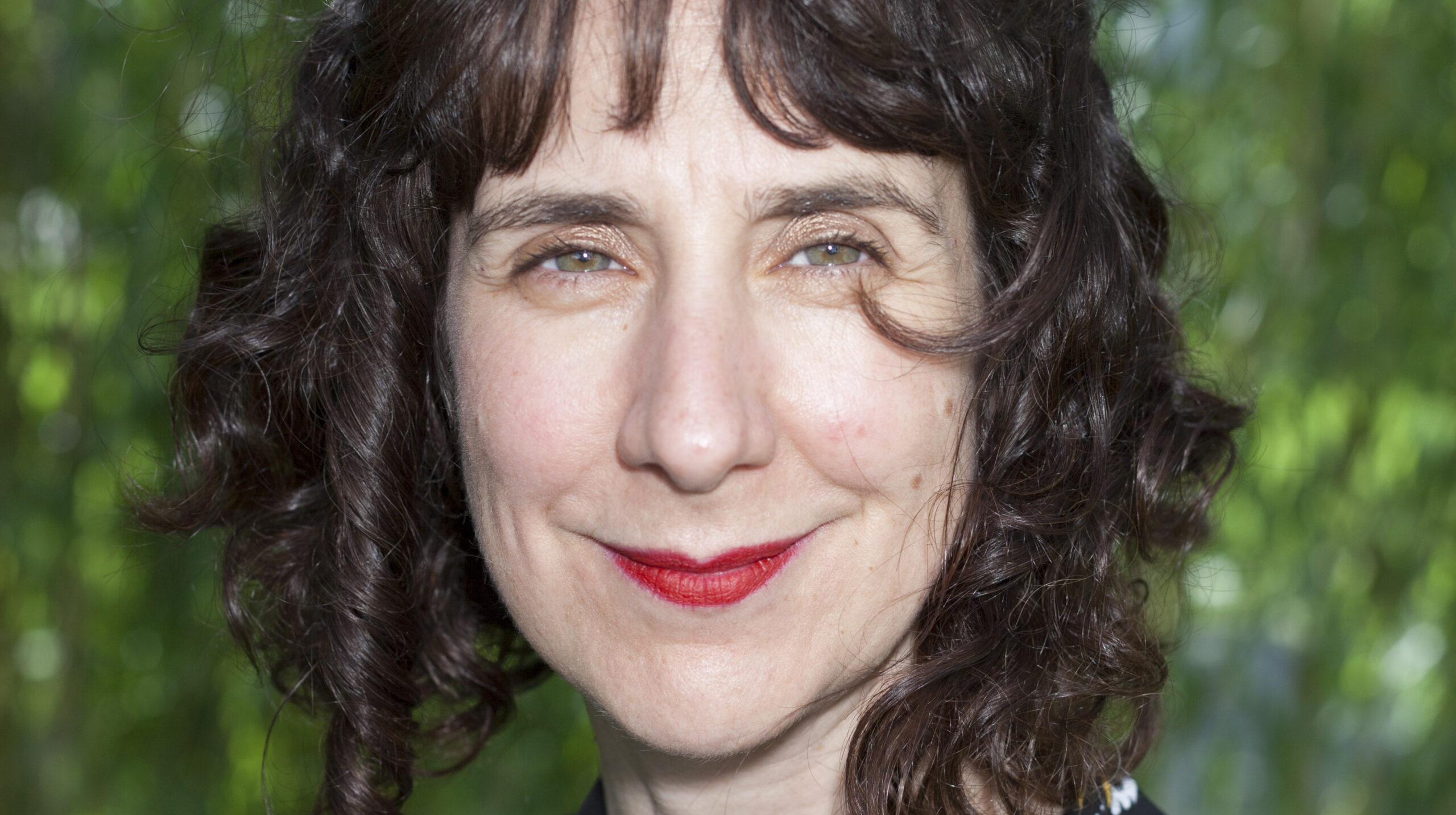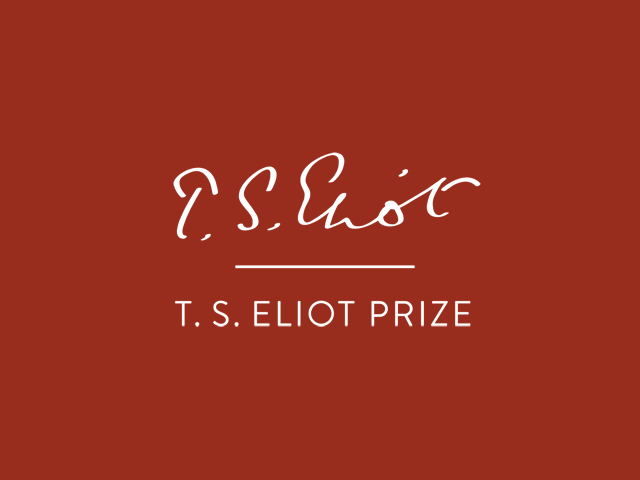shortlist
We are thrilled to announce the T. S. Eliot Prize 2023 Shortlist, chosen by judges Paul Muldoon (Chair), Sasha Dugdale and Denise Saul from 186 poetry collections submitted by British and Irish publishers. The list comprises a former winner and two previously shortlisted poets, as well as two debuts and two...
Judges Jean Sprackland (Chair), Hannah Lowe and Roger Robinson have chosen the 2022 T. S. Eliot Prize shortlist from a record 201 poetry collections submitted by British and Irish publishers. The eclectic list comprises seasoned poets, including one previous winner, and five debut collections. Victoria Adukwei Bulley – Quiet (Faber &...
Judges Glyn Maxwell (Chair), Caroline Bird and Zaffar Kunial have chosen the T. S. Eliot Prize 2021 Shortlist from a record 177 poetry collections submitted by British and Irish publishers. The Shortlist consists of an eclectic mixture of established poets, none of whom has previously won the Prize, and...
Judges John Burnside (Chair), Sarah Howe and Nick Makoha have chosen the T. S. Eliot Prize 2019 Shortlist from 158 poetry collections submitted by British and Irish publishers. Featuring new voices and veteran poets, and covering an extraordinary range of themes, the Shortlist comprises five men, four women and one...
Hosted by the inimitable Ian McMillan, the acclaimed T. S. Eliot Prize Readings on 13 January will showcase the poets shortlisted for the T. S. Eliot Prize 2018 by the judges, Chair Sinéad Morrissey, Daljit Nagra and Clare Pollard. All ten poets chosen by the judges have accepted the invitation...
Held in the fabulous surroundings of the Royal Festival Hall, London, and hosted by the inimitable Ian McMillan, the T. S. Eliot Prize Shortlist Readings are a highlight of the literary year. The 2018 Readings, held on 13 January 2019, will showcase the collections shortlisted by judges Sinéad Morrissey (Chair),...
Judges Sinéad Morrissey (Chair), Daljit Nagra and Clare Pollard have chosen the T. S. Eliot Prize 2018 Shortlist from a record 176 poetry collections submitted by, as Sinéad Morrissey says, ‘a plethora of poetry publishers’. The Shortlist comprises five debut collections, one small press, five men, five women, and two...
To mark the 25th anniversary of the T. S. Eliot Prize, the T. S. Eliot Foundation has increased the winner’s prize money to £25,000. Judges W. N. Herbert (Chair), James Lasdun and Helen Mort have chosen the Shortlist from a record 154 poetry collections submitted by publishers. Tara Bergin, The...
To help readers engage fully with the T. S. Eliot Prize 2016 Shortlist, we asked poetry blogger and regular Eliot Prize reviewer John Field to explore the shortlisted titles. In his review of Rachael Boast’s Void Studies, John Field writes, ‘Reading Void Sudies is a sensual, sensory joy. Like music,...
